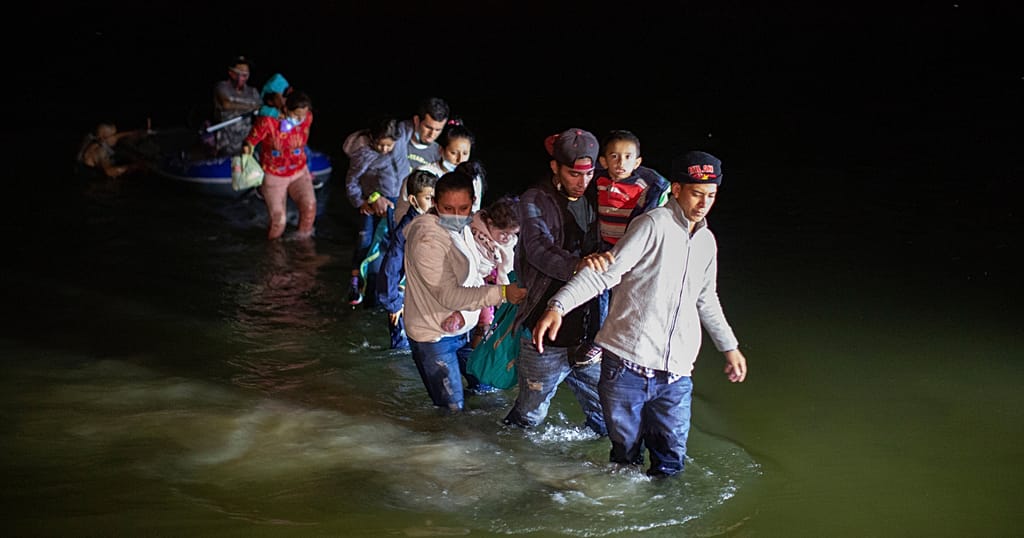Rédaction Africa Links 24 with Abdul Rashid Thomas
Published on 2024-04-09 08:57:32
The West African region has been experiencing political instability and military coups since 2020, particularly in countries such as Burkina Faso, Mali, and Niger. This situation has raised concerns about the potential spillover of conflicts into coastal countries, which could jeopardize major oil projects and deter foreign investment. Analyst Tsvetana Paraskova, writing for Oilprice.com, highlights the risks associated with the instability in the Sahel region and its possible impact on the coastal West African countries.
The European Union (EU) and the United States have pledged support to Western African governments to help them counter the spread of insecurity from the Sahel. African and Western officials are worried about the conflicts and coups in the Sahel region creeping into the coast of West Africa, which is home to several significant oil production projects and export terminals.
The escalating violence from Islamist insurgents in the Sahel has intensified concerns about the potential spread of extremist violence to countries like Benin, Cote d’Ivoire, Ghana, and Togo. These coastal countries are crucial players in the oil industry, with new projects and discoveries that could be at risk if the instability in the region worsens. For example, Cote d’Ivoire has recently initiated a major new oil project and made a substantial offshore discovery, courtesy of Italian major Eni.
In neighboring Benin, plans are underway to commence oil exports from landlocked Niger through a new pipeline. Togo is working on energy reforms to enhance resource development, and Ghana boasts the significant offshore Jubilee oilfield. However, the political turmoil and military coups in the Sahel region pose a threat to the stability and progress of these oil projects.
The U.S. intelligence community has warned about the potential spillover of instability from the Sahel to the coastal West African countries in 2024. The United States Institute of Peace has also highlighted the risks posed by the spread of Sahel-type instability to the more populous littoral states in the region, which could impact international security, trade routes, and economies.
To address these threats, the U.S. Vice President Kamala Harris announced a decade-long commitment of $100 million to combat violent extremism and instability in countries like Benin, Cote d’Ivoire, Ghana, Guinea, and Togo. The EU has also reaffirmed its commitment to the Gulf of Guinea and pledged continued support to counter the spillover of insecurity from the Sahel. This includes providing armoured vehicles and funding packages to bolster the defense capabilities of countries like Ghana.
The potential spillover of conflicts into coastal West African countries poses a significant risk to oil projects and foreign investment in the region. However, there are ongoing efforts to enhance security and stability in these countries to protect the vital oil industry. Projects like the Jubilee oilfield offshore Ghana and the Baleine Field in Cote d’Ivoire continue to make progress despite the challenges posed by the surrounding political turmoil. The completion of a new pipeline in Benin signifies a potential boost in oil production and exports from the region.
Overall, the situation in the Sahel region remains precarious, with the risk of instability spreading to the coastal West African countries. Efforts by the international community and individual governments are focused on mitigating these risks to safeguard crucial oil projects and promote investment in the region.
Read the original article on Sierra Leone Telegraph



